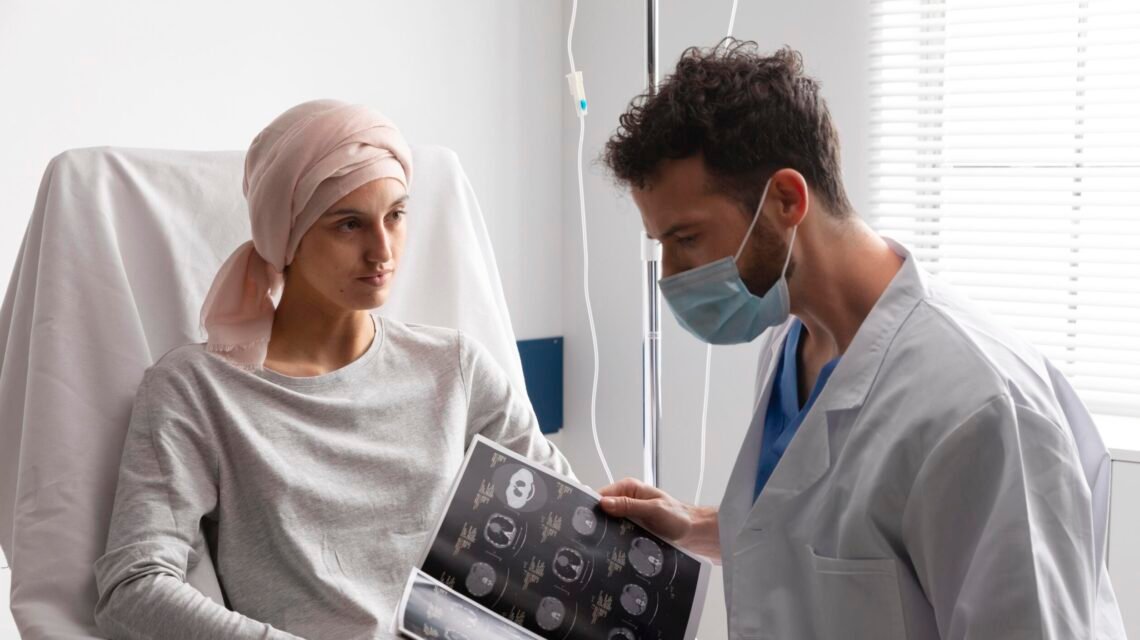From Crisis to Care: Navigating the Landscape of Trauma Care Centers and Critical Medicine
Creating a safer and healthier community requires a robust infrastructure of medical facilities equipped to handle emergencies and critical situations. Among these vital institutions, Trauma care Centers stand out as pillars of support, providing swift and specialized care in times of crisis. Let’s delve into the significance of Trauma Centers, the role of Trauma Surgeons, and the broader landscape of trauma care within the realm of General Medicine.
Understanding Trauma Centers
Trauma Centers serve as beacons of hope in moments of distress, catering to patients facing life-threatening injuries or critical medical conditions. These specialized facilities are meticulously designed, staffed, and equipped to handle a wide spectrum of emergencies, from severe accidents to complex medical crises. Often classified into different levels based on their capabilities, Trauma Centers ensure that no matter the gravity of the situation, immediate and comprehensive care is available.
The Role of a Trauma Surgeon
At the heart of a Trauma Center lies the expertise of Trauma Surgeons, individuals trained to navigate high-stress environments and make critical decisions swiftly. These skilled professionals possess a unique blend of surgical prowess, emergency medicine knowledge, and quick-thinking abilities necessary to address injuries ranging from severe traumas to intricate surgical interventions. Their role extends beyond the operating room, as they collaborate with multidisciplinary teams to ensure seamless care for trauma patients, from admission to recovery.
The Crucial Components of Trauma Care
Trauma Centers encompass a multitude of components crucial for effective care delivery. These include state-of-the-art diagnostic tools, intensive care units, trauma bays equipped for immediate stabilization, and specialized teams proficient in trauma resuscitation. Moreover, these centers foster an environment of constant learning and innovation, ensuring that they stay at the forefront of trauma management, incorporating the latest techniques and technologies to enhance patient outcomes.
Traumatology Center
A Traumatology Center serves as a specialized facility dedicated to the comprehensive diagnosis, treatment, and rehabilitation of individuals affected by traumatic injuries. With a multidisciplinary approach, these centers offer specialized care, integrating trauma surgeons, orthopedic specialists, and rehabilitation experts to ensure optimal recovery and support for trauma patients.
Trauma care Hospitals and General Medicine
Trauma hospitals stand as bastions of critical care, designed to address life-threatening injuries and medical emergencies. These specialized medical facilities are meticulously structured and equipped with cutting-edge technology and skilled personnel to handle a wide array of traumatic incidents. From severe accidents to complex medical crises, trauma hospitals serve as vital pillars of support, offering swift and comprehensive care in times of dire need. While Trauma Centers specialize in acute care, the principles of trauma management often intersect with General Medicine. Understanding trauma care is vital for healthcare professionals across various disciplines. From primary care physicians to specialists in different fields, a comprehensive understanding of trauma protocols and initial stabilization procedures is invaluable. This collective knowledge ensures a continuum of care for patients transitioning from acute trauma settings to long-term recovery and rehabilitation.
The Evolution of Trauma Care
Over the years, trauma care has witnessed remarkable advancements. From improved pre-hospital care and streamlined transport systems to cutting-edge surgical techniques and novel interventions, the landscape of trauma care continues to evolve. Telemedicine and remote consultations also play an increasingly vital role, allowing experts to provide guidance and support to medical teams in remote or under-resourced areas.
Challenges and Triumphs
While Trauma Centers and trauma care have made significant strides, they face various challenges. Adequate resources, funding, and maintaining a skilled workforce are ongoing concerns. Furthermore, addressing the emotional and psychological impact of trauma on patients and caregivers remains an essential but often overlooked aspect of holistic care.
However, amidst these challenges lie triumphs. The success stories of patients who have overcome critical injuries, thanks to timely and comprehensive trauma care, stand as testaments to the dedication and expertise of healthcare professionals within Trauma Centers.
Looking Ahead
The future of trauma care holds promise, with ongoing research, technological innovations, and collaborative efforts aiming to further enhance patient outcomes. From refining trauma protocols to exploring new avenues in regenerative medicine and personalized treatments, the trajectory of trauma care is poised for continued advancement.
In conclusion, Trauma Centers, Trauma Surgeons, Traumatology Center and trauma care at large serve as indispensable components of modern healthcare. Their ability to swiftly and effectively respond to critical situations underscores their significance in saving lives and alleviating suffering. As we acknowledge their pivotal role, let’s continue to support and invest in these crucial entities, ensuring that they remain at the forefront of providing exceptional care in times of need.
FAQS:
- What is the concept of trauma care?
- The trauma care involves swift and specialized medical attention for individuals suffering from severe injuries or critical conditions. It focuses on rapid assessment, stabilization, and treatment to minimize the impact of trauma and optimize patient outcomes.
- What is primary trauma care?
- The primary trauma care entails the immediate assessment and basic management of critical injuries to stabilize patients in emergency settings before advanced medical treatment.
- What is emergency and trauma care?
- The Emergency and trauma care focus on urgent medical attention for severe injuries or critical conditions, aiming to stabilize patients swiftly and provide specialized interventions to save lives and ensure optimal outcomes.
- What is the first phase of trauma care?
- The first phase of trauma care is the “Primary Survey.” It involves a rapid assessment of the patient’s airway, breathing, circulation, disability (neurological status), and exposure (examination for other injuries).


